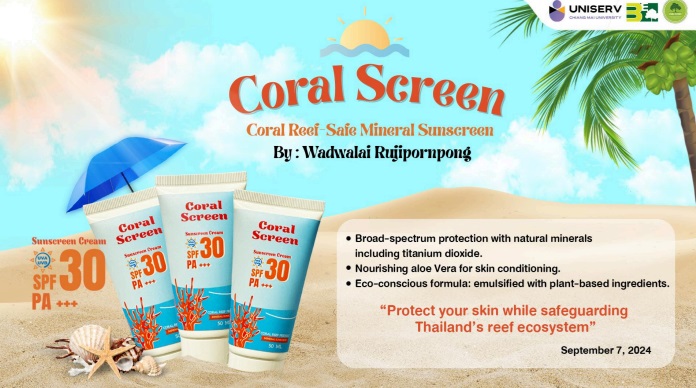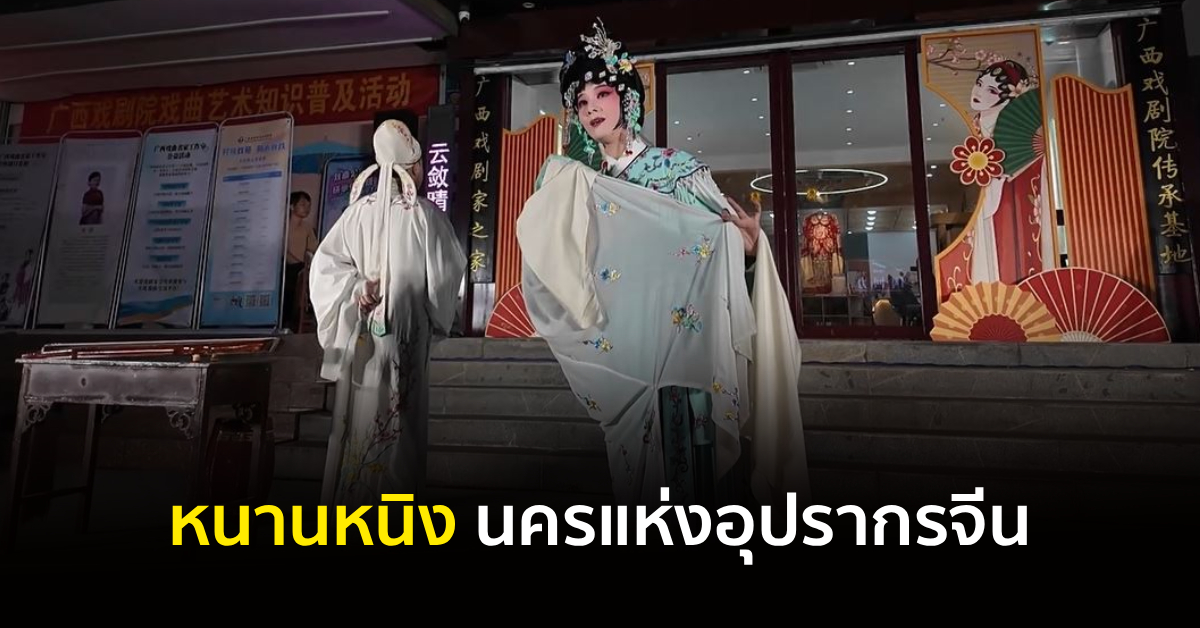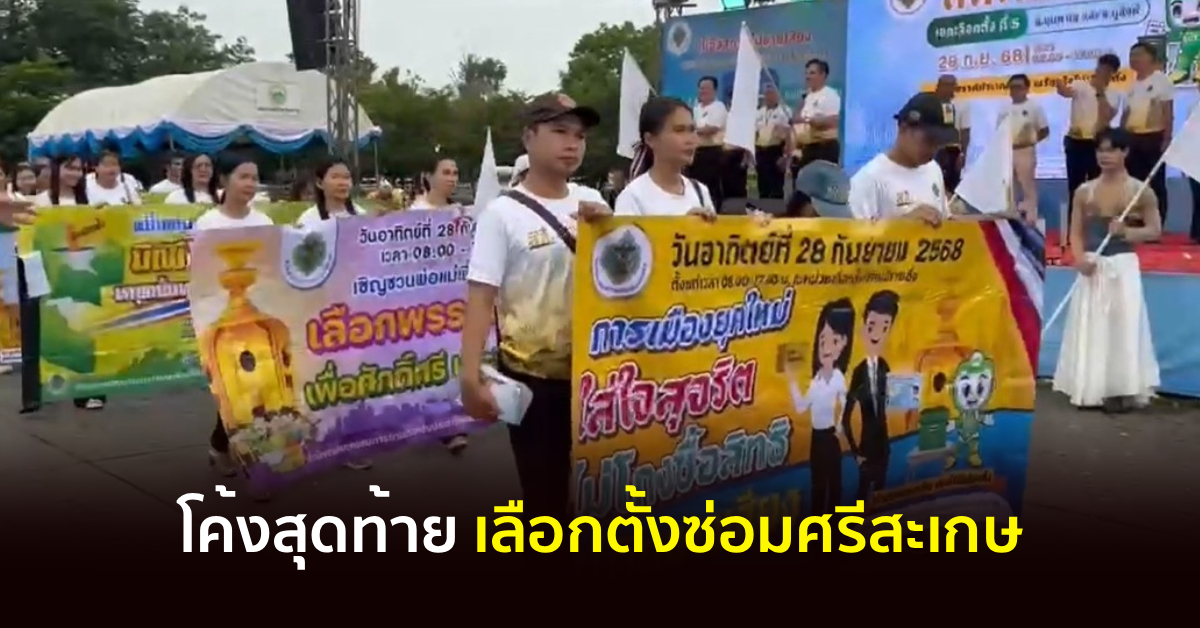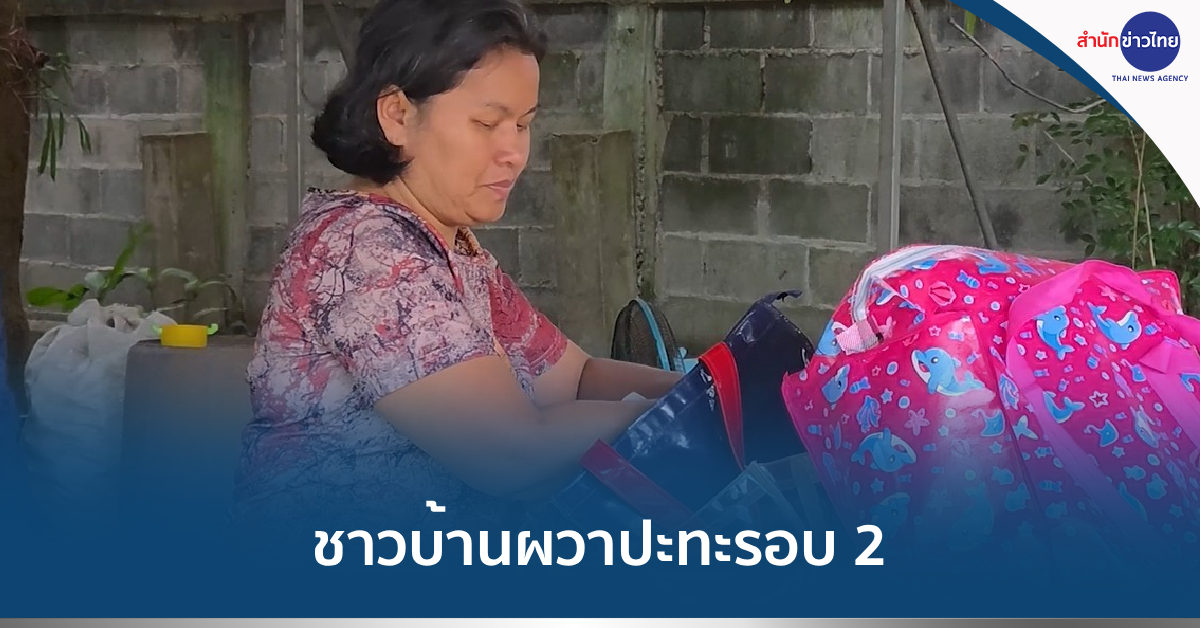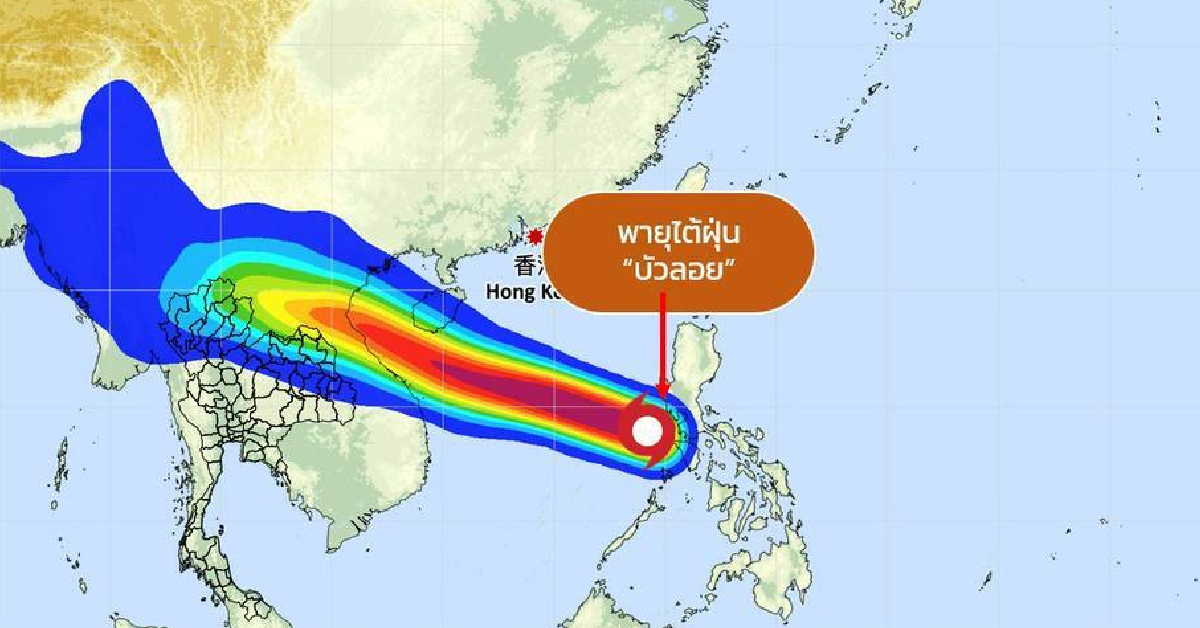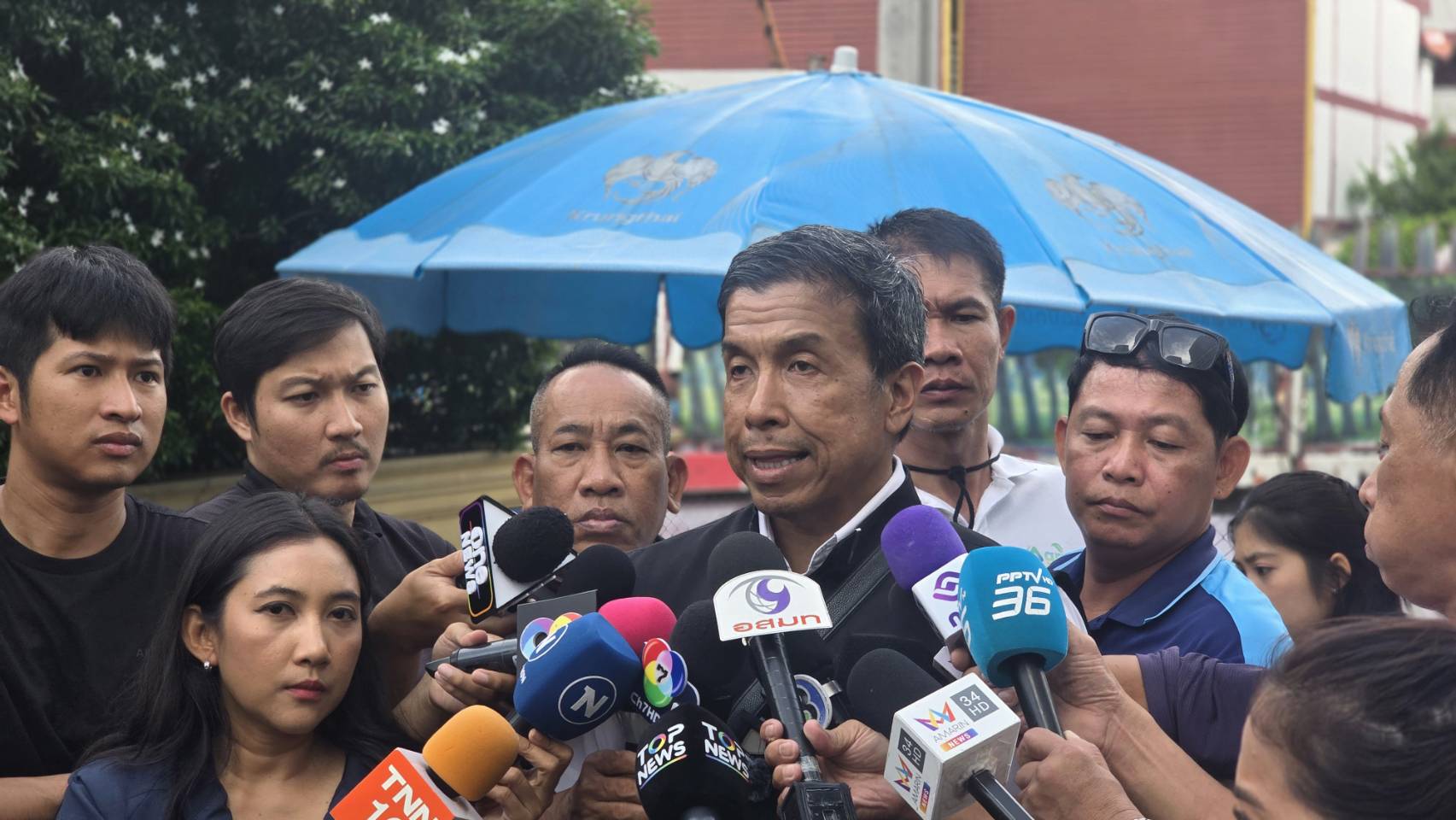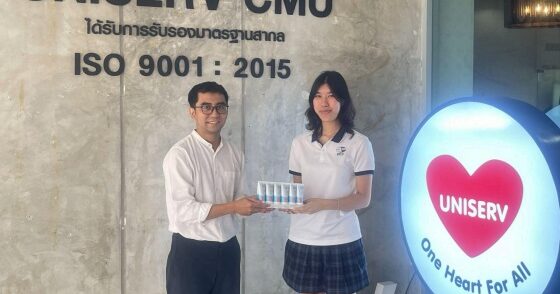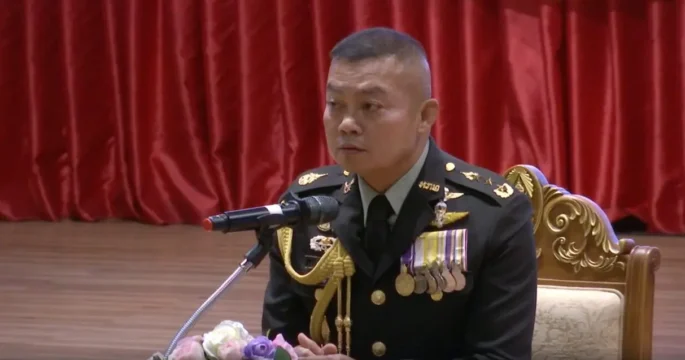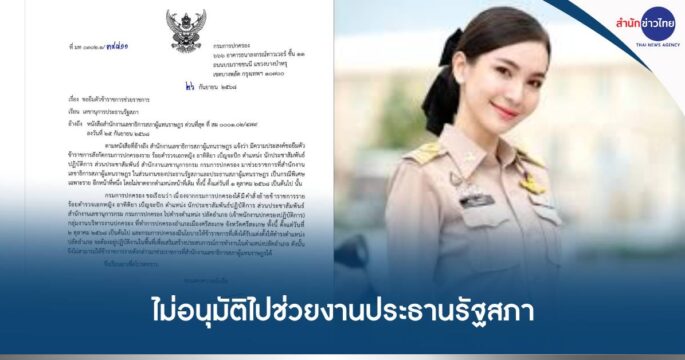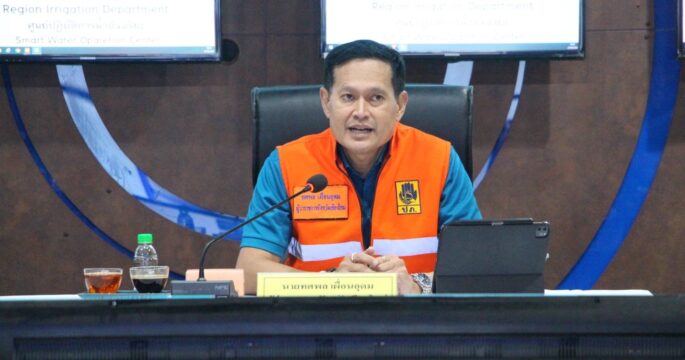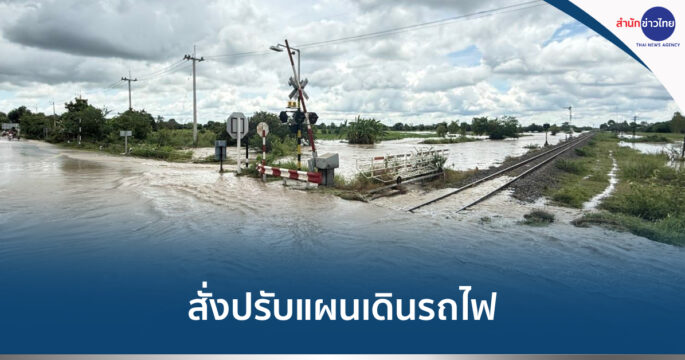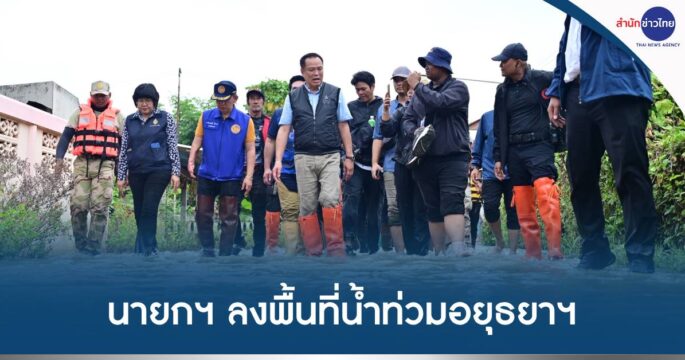Thailand’s stunning coral reefs are not just a national treasure but also a crucial part of the global marine ecosystem. Unfortunately, these vibrant underwater landscapes are under increasing threat. While climate change and pollution often get the most attention, there’s another hidden danger lurking beneath the surface: chemical sunscreens.
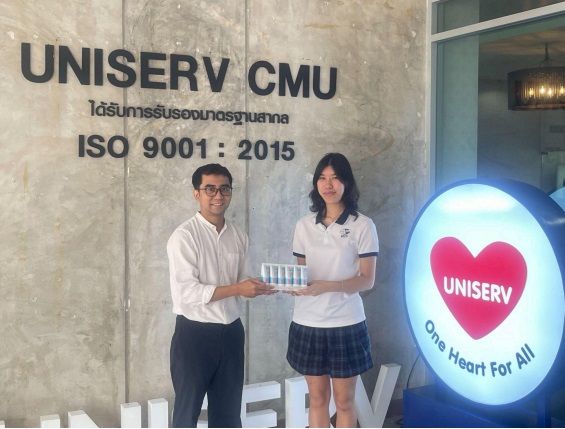
Sunscreens that include ingredients like oxybenzone and octinoxate are highly toxic to coral reefs. Although these chemicals have been banned in Thailand, other harmful ingredients such as avobenzone and octocrylene remain in many sunscreens. Furthermore, even mineral
sunscreens can cause harm when they use nano-sized particles, which are small enough to be absorbed by coral tissues, contributing to bleaching. This process forces corals to expel the symbiotic algae (zooxanthellae) that live within their tissues, leading to coral bleaching and
death if the stress persists for more than two to three weeks.
With millions of people flocking to Thai beaches annually, the cumulative impact of sunscreen runoff is substantial. From April to May 2024 alone, coral bleaching was detected in 19 marine national parks along the Thai Gulf and Andaman Sea coasts, according to the Department of National Parks, Wildlife, and Plant Conservation.
Recognizing the urgency of this issue, Wadwalai Rujipornpong, a young researcher and environmental advocate, decided to take action. She’s the driving force behind “Coral Screen”, a locally produced reef-safe sunscreen that’s both effective and affordable for Thai consumers.
Her journey began as part of the Junior Science Talent Project under the National Science and Technology Development Agency (NSTDA) in 2021. After the program concluded, she continued dedicating three years to research and product development. Wadwalai pursued the
development of the sunscreen formulation by seeking the guidance of Associate Professor.
Watcharee Khunkitti, Ph.D., from the Faculty of Pharmaceutical Sciences at Khon Kaen University, Thailand. The result is an FDA-approved formula that avoids harmful chemicals while using natural ingredients like non-nano titanium dioxide and plant-based emulsifiers, which are
safe for both skin and coral reefs, offering effective sun protection without risking marine life.
Wadwalai further dedicated time to design the packaging and market the product. Coral Screen represents her commitment to environmental innovation and her desire to make reef-safe skincare accessible to all Thai consumers, especially those from lower-income groups who may lack access to affordable and safe sun protection. Her goal is to reduce the harmful effects of sunscreen on Thailand’s coral reefs while offering a product that is both sustainable and accessible.
Additionally, through a collaboration with the Climate Change Data Center (CCDC) at Chiang Mai University, and working closely with Assoc. Prof. Dr. Sate Sampattagul, Director of the University Academic Service Center/Head of the Research Unit for Energy Economic & Ecological Management, and Dr. Hisam Samae, a researcher from the same department, Coral Screen will be distributed to traveling police and tourists in the Tha Phae district of Satun, as well as firefighters in Chiang Mai. Beyond sales, proceeds from Coral Screen go directly toward marine conservation efforts and reef restoration projects in Thailand, amplifying the product’s environmental impact.
Wadwalai’s initiative encourages further conversation about how human activities, even those as routine as applying sunscreen, affect the environment. By offering a locally-made, affordable, and reef-safe sunscreen, she seeks not only to protect Thailand’s vital coral ecosystems but also inspire a shift in consumer behavior, such that we can make eco-friendly choices that prioritize both our personal health and the long-term survival of the reefs. Through Coral Screen, Wadwalai hopes to foster a future where small, thoughtful actions can collectively make a big impact, safeguarding our natural treasures for generations to come.
